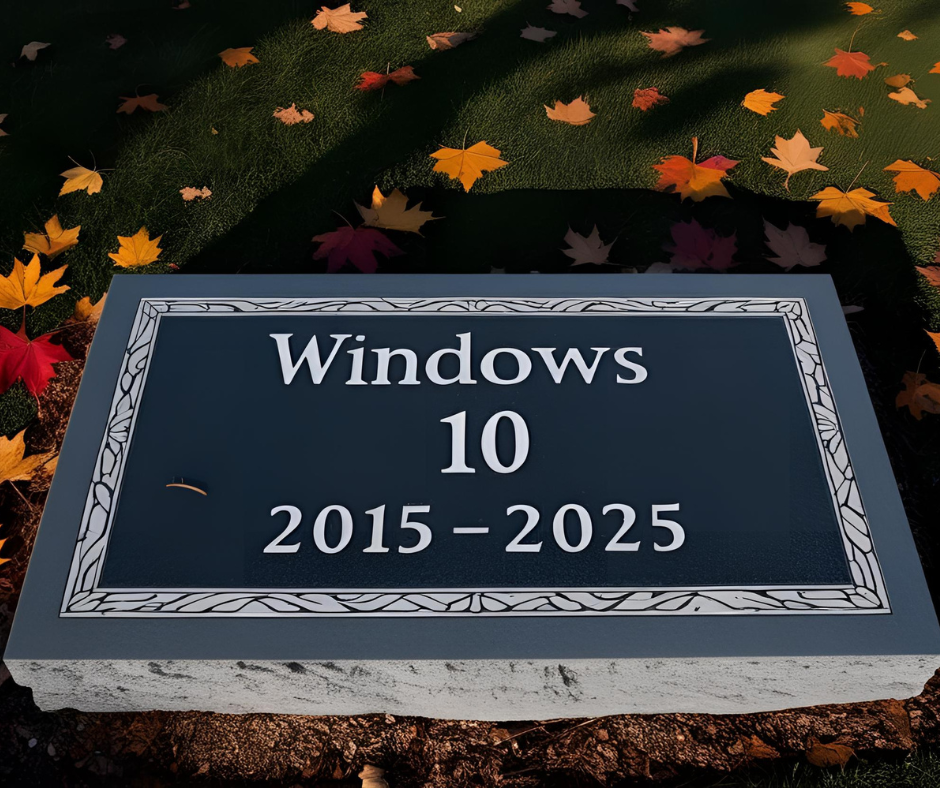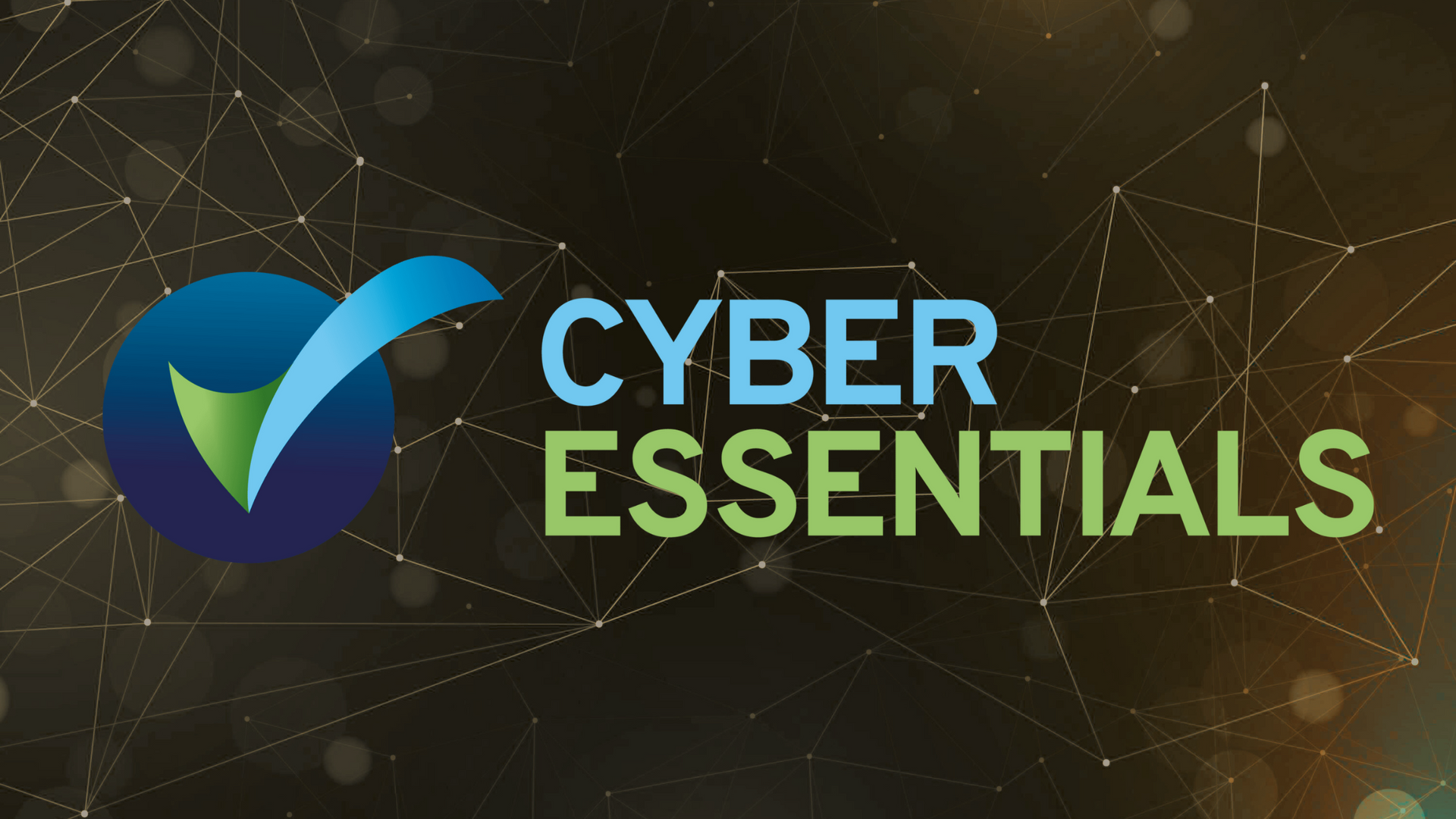How does VoIP work?
Voice over Internet Protocol (VoIP) is a technology that allows voice communication and multimedia sessions (such as video calls) to be transmitted over the internet, instead of using traditional telephone lines. In this blog, we will cover how it works.
Voice conversion (Analogue to Digital)
When you speak into a VoIP phone or device , you voice, which is analogue signal, is converted into digital data. This is done through a process called analogue-to-digital conversion. The microphone in the phone captures your voice and coverts it into smaller packets.
Data packetization
Once your voice is converted into digital data, VoIP breaks the data into smaller chunks called packets. These packets contain not only pieces of your voice data, but also the destination address (IP address of the receiving device) and other relevant information for routing.
Transmission Over the Internet
These voice data packets are sent over the internet, much like emails or files. They are transmitted through various network routers until they reach the destination, using Internet Protocol (IP) to travel across the internet. The internet doesn't transmit the packets in one single stream. Instead, they may take different routes to reach the destination, but they are reassembled in the correct order once they arrive.
Reassembly at the Destination
When the packets reach the recipient's VoIP device, they are reassembled into a coherent stream of data in the proper order. The recipient's VoIP device then converts the digital data back into an analogue signal (via digital-to-analogue conversion), allowing the recipient to hear the original voice message.
Call Completion
The whole process of converting, packetizing, transmitting, and reassembling happens so quickly that the user experiences near real-time voice communication, similar to a traditional phone call.
Components That Make VoIP Work
- VoIP Devices: These can include VoIP phones (hardware), computer software (softphones), or mobile apps that facilitate voice communication over the internet.
- SIP (Session Initiation Protocol): One of the most commonly used protocols in VoIP, SIP helps establish, modify, and terminate sessions between users, such as setting up the call and handling the communication.
- Codecs: VoIP uses codecs (coder-decoders) to compress the voice data to ensure efficient transmission and then decompress it at the other end. Popular codecs include G.711 and G.729.
- IP Network: The internet (or a private IP network) is the medium through which the voice packets are transmitted. The quality and speed of the internet connection are crucial for maintaining call clarity.
Additional Features of VoIP
- Multiple Communication Methods: VoIP can handle voice calls, video calls, instant messaging, and file sharing all in one platform.
- Scalability: Since VoIP operates over the internet, it can easily scale to handle many simultaneous calls.
- Cost Savings: VoIP usually costs less than traditional phone services, especially for long-distance and international calls, as it bypasses the use of physical telephone lines.
- Flexibility: VoIP works on various devices—phones, computers, or even tablets—anywhere with an internet connection.
Advantages of VoIP
- Lower Costs: No need for expensive phone lines - calls are made over the internet.
- Mobility: You can use VoIP from any location as long as there's an internet connection.
- Additional Features: Many VoIP services offer features like call forwarding, voicemail to email, and video conferencing, often at no extra cost.
How VoIP Differs from Traditional Telephony
Traditional phone systems use circuit-switched networks (like the Public Switched Telephone Network - PSTN), which create a dedicated connection for the duration of the call. VoIP, on the other hand, uses packet-switched networks (the internet), where data is transmitted in small packets and reassembled on the other end. This makes VoIP more flexible, efficient, and cost-effective.
In summary, VoIP works by converting voice into digital signals, transmitting them over the internet, and converting them back into sound on the receiving end. It enables low-cost, flexible, and feature-rich communication.
If you would like to enquire about VoIP services for your business, get in touch and we can schedule a discovery call to discover how we can help you implement VoIP seamlessly.
Join Our Mailing List
All sign-ups are handled inline with our privacy policy and can unsubscribe at any time.
Recent Blogs






















